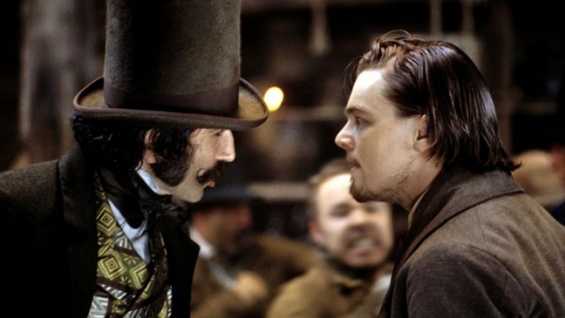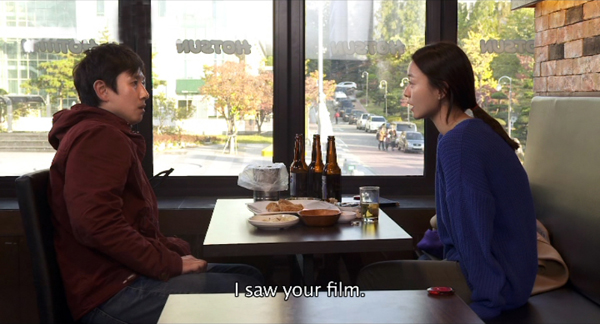Hi guys
I am in need of some help and advice! In several months time I am traveling to Tanzania for up to six months. I am volunteering at a specific charity where I will be primarily making documentaries. I also want to make some short foreign films...however documentary making is the key focus whilst out there. I am currently looking to invest in to kit but my knowledge and expertise with equipment for film making is fairly poor.
I have a budget of £1000 max, unfortunately being a third year student has drained my funds.
Here is all of the equipment that I will need to purchase (second hand probably):
I would greatly appreciate any help and advice I can get with this!
- A new camera
Something that is discrete for documentary film making, and produces a high quality image. (I have been looking in to the Cannon 70D?)
- Lenses
I am open to options here, but a good zoom lens will be vital I think.
- Microphone
Something that can be attached to the camera and can pick up dialogue or sounds from fairly long distances with high quality.
- Stabilizer/rig
Some form of stabilizer that can create relatively smooth tracking shots, however isn't to large to travel with.
If you think I have missed anything else then please do let me know.
I am really interested in seeing what you guys have to say!
Thank you so much
Josh
I am in need of some help and advice! In several months time I am traveling to Tanzania for up to six months. I am volunteering at a specific charity where I will be primarily making documentaries. I also want to make some short foreign films...however documentary making is the key focus whilst out there. I am currently looking to invest in to kit but my knowledge and expertise with equipment for film making is fairly poor.
I have a budget of £1000 max, unfortunately being a third year student has drained my funds.
Here is all of the equipment that I will need to purchase (second hand probably):
I would greatly appreciate any help and advice I can get with this!
- A new camera
Something that is discrete for documentary film making, and produces a high quality image. (I have been looking in to the Cannon 70D?)
- Lenses
I am open to options here, but a good zoom lens will be vital I think.
- Microphone
Something that can be attached to the camera and can pick up dialogue or sounds from fairly long distances with high quality.
- Stabilizer/rig
Some form of stabilizer that can create relatively smooth tracking shots, however isn't to large to travel with.
If you think I have missed anything else then please do let me know.
I am really interested in seeing what you guys have to say!
Thank you so much
Josh





 The best I could usually do was to get the dialog intelligible, and sometimes not even that. Almost all were camera mounted mics.
The best I could usually do was to get the dialog intelligible, and sometimes not even that. Almost all were camera mounted mics.